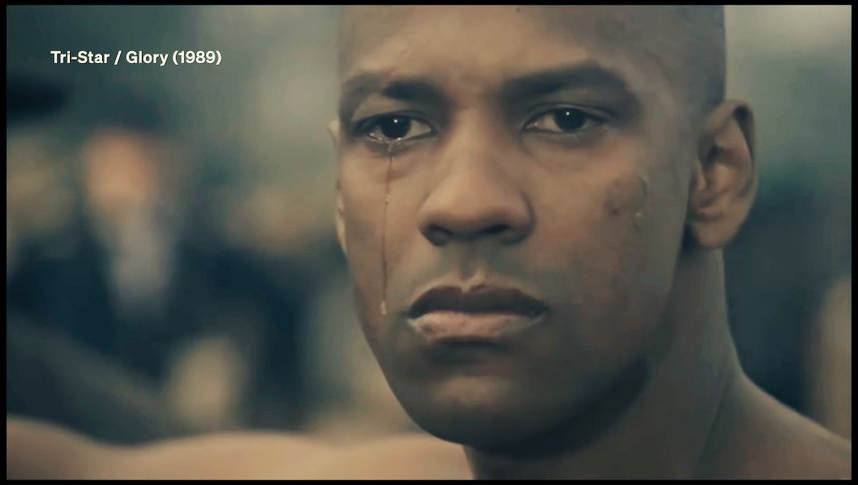In response to the intimidating cost of housing in our state, our legislature is contemplating dozens of new statewide restrictions on city zoning law, most with the goal of increasing density.
The most famous are 2021’s SB9 (The California Housing Opportunity and More Efficiency Act, lot splitting for duplexes and ADU “accessory dwelling units”)[senate.ca.gov][cayimby] and SB10 (transit-rich upzoning to 10-unit parcels)[cayimby]. Those are already “chaptered” California law.
But there are many more bills currently in the Sacramento pipeline, and several more that depend on this legendary thing they call a “high quality transit corridor”.
Assembly district 55 contains 7 miles of the LACMTA Expo Line.
Democrat Assemblywoman Laura Friedman introduced AB1401 on February 19, 2021 and the identically-titled AB2097 on February 14, 2022. Both bills carry the title “Residential and commercial development: remodeling, renovations, and additions: parking requirements”. They allow a California real-estate development company operating in Los Angeles to avoid longstanding “minimum automobile parking requirements”. The developer is allowed to build housing units without off-street (e.g. underground) parking, as long as 90% or more of the residential units in the development are within 1/2 mile of a major transit stop. There’s that “high quality transit corridor”.
The theory is that people living “near” (1/2 mile?) Los Angeles public transit do not need cars and will live carless in LA like Manhattanites 🗽.
Our campaign’s concern is that major journalistic investigations have proven that the theoretical existence and nearness of public transit isn’t enough to relieve Angelenos across the county of the need to own cars. Transportation would also need to be safe, which it is not.
The Los Angeles Times co-sponsored a UC Berkeley survey to study this, and reported the sobering results in a March 11 article and also in a follow-up published April 14.
March 11, 2022 Even with soaring gas prices, safety concerns make L.A. mass transit a hard sell By Rachel Uranga | LA Times
Justin Moreau was proud that for 20 years he relied on Metro, but last summer after two rowdy men stalked him at the Willowbrook/Rosa Parks station he bought a car. “I felt my safety was in danger. And that was the last straw,”
April 14, 2022 California voters say state is moving in the wrong direction, feel financial squeeze By Hugo Martín, Rachel Uranga | LA Times
Voters are saying gas prices are a serious problem as doubts about transit persist, according to a UC Berkeley survey co-sponsored by The Times.
As they say: in theory there is no difference between theory and practice but, in practice, there is.
“High quality transit corridor” sounds plausible on the surface, but UC Berkeley and our LA Times proved this abstract thing to be more of a fiction than a reliable reality on which to base statewide zoning law restrictions.
Our own personal observations fully confirm the concerns documented in those reports. In particular, our career-imperiling experience the afternoon of Saturday, June 26, 2021 riding the Expo Line from West LA to DTLA, and our hair-raising experiences that same night, riding the Metro B Line and Expo Line back to West LA from Griffith Park, connecting through the 7th Street/Metro Center station. And we consider ourselves brave! Don’t ask us some of the things we’ve seen late at night on LACMTA buses.
Assemblyman Isaac Bryan voted Aye on AB1401 [aye!] and AB2097 [aye!]. When was the last late night Assemblyman Bryan took public transit in the 55th?
UPDATE (July 17): Los Angeles Times published an editorial inexplicably undermining their own reporting from March and April, discussing SB1067, introduced by CA State Senator Anthony Portantino (D-La Cañada Flintridge):
July 17, 2022 Editorial: California should prioritize housing people, not cars By The Times Editorial Board | LA Times
